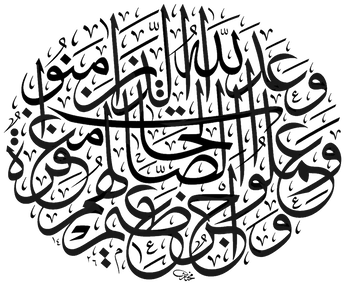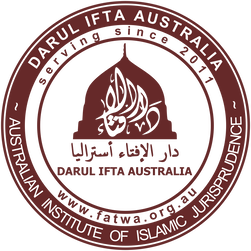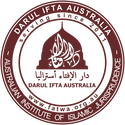Question:
My ex-wife is in Australia with my two daughters who are now 11 years and 8 years and 4 months old. I live in Pakistan but come to Australia to drive taxi for 3-6 months and then go back to Pakistan. What are my obligations towards my daughters and how do I fulfill them. I have elderly parents in Pakistan and I am sole carer for them.
Jazakallah
Answer:
In principle, both the father and the mother are responsible for the tarbiya (proper upbringing) of the children. However, the father has an additional responsibility of providing nafaqah (financial support) for them, which refers to providing food, clothing, shelter and other necessities in a manner which suffices them and fulfils their needs on a reasonable basis according to the father’s financial situation.
The father is responsible for providing for the daughters until they get married, after which the responsibility is transferred to her husband. However, if the daughter possesses wealth of her own and the wealth is enough to cover her expenses, the father will not be required to give her nafaqah; rather he can use her money to spend on her.
Based on the above, your obligation towards your two daughters will be to provide nafaqah for them until they get married if they don’t possess any wealth of their own sufficient enough to fulfill their needs, whilst being mindful of their tarbiyah and wellbeing. Also note that if the daughters are receiving Centrelink support, then this money should be spent upon them accordingly.
في الدر المختار: (و تجب) النفقة بأنواعها على الحر (لطفله)، يعم الأنثى و الجمع (الفقير) الحر، إلخ. و قال الشامي :(قوله بأنواعها) من الطعام و الكسوة و السكنى...، و (قوله لطفله) هو الولد حين يسقط من بطن أمه إلى أن يحتلم، و يقال جارية طفل و طفلة كذا في المغرب...، و (قوله يعم الأنثى و الجمع) أي يطلق على الأنثى كما علمته، و على الجمع كما في قوله تعالى: (أو الطفل الذين لم يظهروا)...، و (قوله الفقير)...قال الخير الرملي: لو استغنت الأنثى بنحو خياطة و غزل يجب أن تكون نفقتها في كسبها كما هو ظاهر، و لا نقول تجب على الأب مع ذلك، إلا إذا كان لا يكفيها فتجب على الأب كفايتها بدفع القدر المعجوز عنه، و لم أر لأصحابنا. ولا ينافيه قولهم بخلاف الأنثى، لأن الممنوع إيجارها، ولا يلزم منه عدم إلزامها بحرفة تعلمها ا ه أي الممنوع إيجارها للخدمة ونحوها مما فيه تسليمها للمستأجر بدليل قولهم لأن المستأجر يخلو بها وذا لا يجوز في الشرع، وعليه فله دفعها لامرأة تعلمها حرفة كتطريز وخياطة. (الدر المختار، ج ٣ ص ٦١٢، ط. سعيد)
في البحر الرائق: (قوله: و لطفله الفقير): أي تجب النفقة و السكنى، و الكسوة لولده الصغير الفقير. (البحر الرائق، ج ٤ ص ٣٤٠، ط. رشيدية)
في الفتاوى الهندية: و نفقة الإناث واجبة مطلقا على الآباء ما لم يتزوجين إذا لم يكن لهن مال، كذا في الخلاصة. (الفتاوى الهندية، ج ١ ص ٥٨٤، ط. قديمي)
(فتاوى محمودية، ج ١٣ ص ٤٦٦/٤٦٧ ، ط. إدارة الفاروق)
(أحسن الفتاوى، ج ٥ ص ٤٦٣، ط. سعيد)
)قاموس الفقه، ج ٥ ص ٢١١، ط. زمزم)
And Allah Ta'ala knows best.
Sh. Ahmed Jariwala
20/07/2023
Checked and approved by:
Mufti Faizal Riza
Mufti Anas Qazi
Darul Ifta Australia
www.fatwa.org.au



